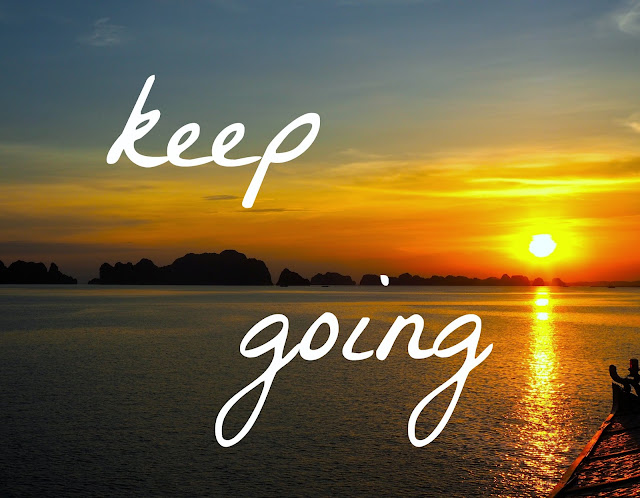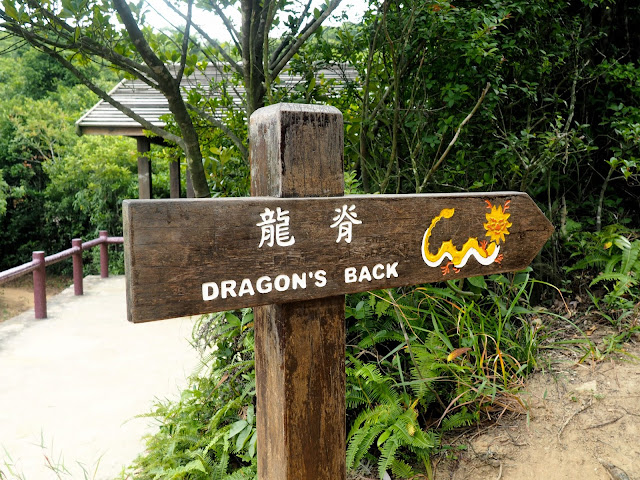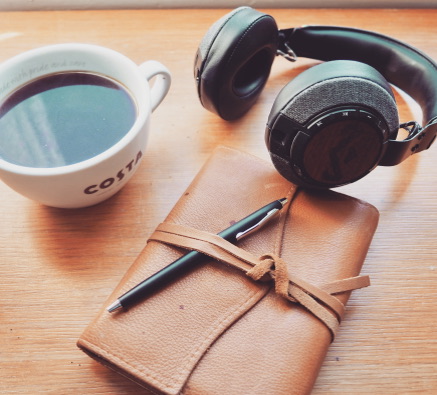
How I Cope with Stress
Not well, is the short answer to that title. But I’m going to try to explain how I cope with stress anyways! I’ve never been great with it, as I get tense and wound up fairly easily. I have a strong tendency to overthink things, so my brain takes me to all the worst case scenarios it can come up with. However, as I continue to attempt to navigate adult life, I’ve realised that stress is probably always going to be present. So, I needed to find ways of handling it better, and not just having some sort of meltdown every few months, after being constantly on edge.
What Causes My Stress
Most of the time, my stress stems from work related issues, as I always strive to do a good job, to not mess up, and to at least seem like I know what I’m doing as much as possible. I’ve never handled criticism particularly well either, and I’ve realised that I don’t like authority figures all that much. They tend to make me nervous and uneasy a lot of the time. I work well under pressure in the sense that I won’t lose my head about things, but it elevates my stress levels massively to do so.
When I was solely a freelance tour guide, I technically didn’t have a boss, so my stress was much lower. Now that I’m employed as a manager, I’ve gotten lucky in that my ‘bosses’ are friends who don’t feel like authority figures. But that role has brought with it a lot of responsibility, and a million things to juggle and stay on top of. So my stress spiked, which wasn’t helped by all the other madness going on in my life in the second half of last year.
Obviously, there’s plenty of other elements in life that can cause me to feel stressed as well, not just work, but that’s certainly the main culprit much of the time. However now, with coronavirus shutting down most of the world, I’ve been furloughed, so my work stress is pretty much down to zero. But we’re now in the midst of a damn global pandemic, so that has brought with it a bunch of new things for me to worry about! So how am I (attempting) dealing with it?
Yoga
I’ve been doing yoga on and off for about six or seven years now I think, always at home through free apps or online classes. I started it just for the exercise benefits, as I’ve never been a very sporty person, and I hate cardio and gyms, so it seemed like a good option to suit my preferences. I only started doing it seriously and regularly though in 2017, when I was introduced to “Yoga with Adriene” by a friend. This was not long after I had left Korea to move back to Hong Kong, as I didn’t have a good time there and it took a serious toll on my mental state. So yoga suddenly became a mental health benefit, as well as a physical one.
For the last few years, I’ve tried to practice daily as much as possible – exceptions for when I’m travelling, or sometimes in summer when work is stupid busy and I walk 20,000 steps anyway! But besides the physical benefits – I’ve definitely gotten stronger, more flexible, and better balanced from it – it’s a time of the day when I’m entirely focussed on what my body is doing, and being in the moment, and not thinking about all the other things causing my stress. I just generally feel good at the end of each session, both physically and mentally, so that’s definitely reason to keep doing it!
Meditation
I feel like this goes hand in hand with yoga, as they both place emphasis on being present in the moment. You end up doing chunks of meditation within a yoga sequence quite frequently. However, last year when life started to get a bit crazy for me, I started doing proper meditation, using the “Calm” app. Now, meditation is definitely something that takes practice! There are days when I’m able to focus and clear my mind and feel much better at the end of the practice; there are other days when I can’t settle, and I end up thinking too much again. So it’s not been some magical cure-all for me, and I doubt it is for most people straight away, but it’s something I want to keep practicing and working at.
I especially like the range of meditations available on Calm, particularly the ones to suit different moods or the ’emergency calm’, to help me calm down in the moments when I’m just feeling very overwhelmed by things. It also has a built-in mood tracker – this is something I used to do, post-Korea, but stopped when things started to get better again. I don’t think the Calm one is as thorough as the app I used to use, but it does make me stop and analyse my mood at least once a day. Mood tracking is definitely another option to consider as well though!
Do Not Disturb
This is my favourite feature on my phone, which I only discovered last year! I don’t know if there’s an Android equivalent, but it’s on all iPhones, the little moon symbol in the control panel. The Do Not Disturb setting means your phone will not alert you to new notifications, not by sound, vibration, or even the screen lighting up. When you go to check your phone yourself, they will be waiting in the notification centre for you, but it means you don’t have to see them until you are ready.
When I became the manager, I was getting constant messages about work, especially since we don’t have official office hours, so I felt like I could never switch off from it. So when I found this feature, I immediately started using it after a certain time of night, and on my days off. Obviously I’d still use my phone at these times and see the messages, but I got better at ignoring them and only dealing with them when I was ready (unless it looked like something urgent of course). Even now, when I don’t have work to deal with, it’s still a handy feature for when I don’t want to deal with endless group chat messages or news about the global situation, as sometimes I just want to forget about it and disconnect.
Stop Scrolling Through Social Media
And speaking of disconnecting, the current global crisis has made me not want to use social media as much in general. I will check for news updates when I want to, but the situation is so depressing that sometimes you just need to forget about it for a little while. Sometimes this means I go offline entirely – I’ll read a book, or do some writing, or practice piano, or go for a long walk outside somewhere. Other times I will still be online, just not on social media – usually that means I’m watching Netflix, or playing a game or quiz of some sort (Sporcle has gotten a lot of play time during quarantine!). Something along those lines where I’m able to escape the real world for a little while.
The only social media that gets an exception is Instagram, as I’ve carefully curated my feed to follow accounts of people I’m close to, or whose images I like, so nothing news-related or potentially stress-inducing at all will show up there.
Music
Music has always been a big thing for me, especially when dealing with tough times, so that’s no different now. I’m usually listening to it when I’m writing or on my walks – even when I was working from home before as well. There are songs out there for every mood, songs that put a voice to what you’re feeling, or distract you from it entirely. Coping with stress doesn’t always have to mean making major lifestyle changes; it could just be a case of blasting your favourite playlist, and dancing round the room like a loon for half an hour to burn off some tension! Don’t understand the therapeutic power that music can have for many people.
Do What You Can
How does that saying go, change the things you can control, accept the things you can’t? Something like that anyway. So much of the time, I find myself worrying about things that are out of my control, that are not my fault or my responsibility. That’s when my brain has spiralled me into those worst case scenarios, and it’s my thought patterns causing the feelings of stress more so than the actual situation.
So when possible, stop and remember that. Analyse what it is that’s causing your stress, and be rational about it. If there is something you can change or do to remedy the situation, then do it. Half the time the prospect of something stresses me out so I put it off, and then when I actually do it, I realise it wasn’t all that bad and now I can stop worrying about it. I feel more satisfied and at ease, knowing that I’ve done what I can.
But if you realise there’s nothing else you can do, work to accept that. Rationalising the situation like this can make a it seem a little less daunting – I sometimes find that talking it through with another person can help with this as well, if you’ve got someone willing to listen. A lot of meditation practices I’ve done have explored this too, and the practice of meditation in general can help you to stop and realise what your thought patterns are doing during those moments.
And Then Give Yourself A Break
When you realise that the thing causing you to stress is out of your control, that can provide some relief. But if you’re still worrying about it, then try to go easy on yourself. Do something that will take your mind off of it, something that brings you happiness. If that’s exercise or going outdoors for a while, great. If that’s going offline and reading a book, great. Even if that’s eating junk food and watching TV, great. You don’t have to be super busy and productive and “on” all the time. Take the time to relax and unwind, by doing whatever it is that helps you do that. Don’t beat yourself up if it seems like you’re procrastinating or wasting time. Time spent looking after yourself is never time wasted.
Learning and accepting that has been super important for me in recent months, and especially now in quarantine, when I feel like I should be using all this newfound free time more productively – I mentioned this in my last post as well, that it’s ok to have down days where you just want to be lazy. If that helps your mental health at all, go for it!
Coping with Stress
Like I said at the start, I don’t always cope well with stress. These methods don’t always work every time, so I still have moments when I get worked up and struggle to calm down and unwind again. Sometimes they provide me with a brief respite, but the thoughts are still nagging away in the back of my head. Dealing with stress is something that requires practice, and a bit of trial and error.
My methods won’t work for everybody, and some are much vaguer exercises than others as well. You have to figure out what it is that helps you, and allow time for things to improve, especially when trying to analyse and change stress-inducing thought patterns. There’s no easy, instant fix to this, and I definitely still have my bad days along with my good ones. But even just knowing that I’m trying to do something to reduce the bad days can make me feel a little better!
You May Also Like

Just Keep Going
1 October 2016
Dragon’s Back to Big Wave Bay
28 October 2015

